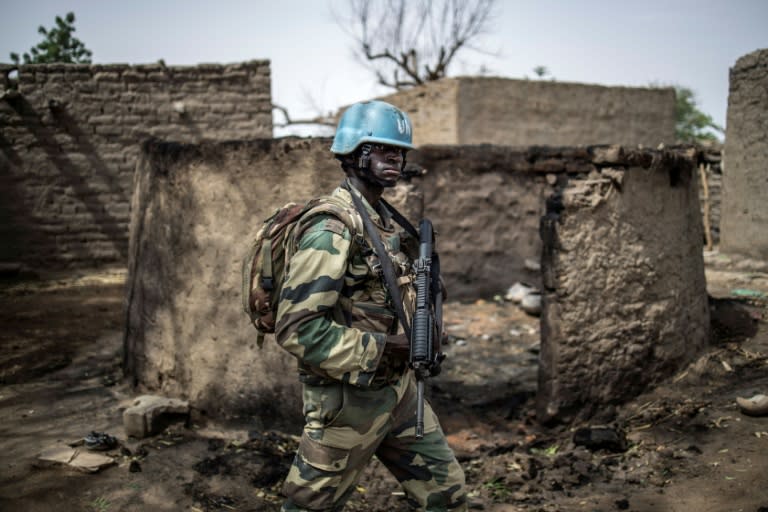
BAMAKO, Nov 6 (NNN-AGENCIES) — As central Mali spirals into conflict, the spotlight has turned on the Fulani ethnic group, which has been accused of carrying out massacres against other communities.
According to this narrative, the bloodshed stems from radicalisation of the Fulani — nomadic herders with a long history of rivalry over land use with farmers from other ethnic groups.
But Ibrahim Yahaya Ibrahim, chief Sahel expert for the International Crisis Group (ICG) think tank, says the situation is far more complex.
In an interview, he made these points:
* Jihadists have been key to stirring up ethnic violence in central Mali. Even though individual Fulani may be prominent in the violence, the Fulani community itself is highly diverse.
“You have to be extremely careful when addressing this question of the ‘Fulani jihad’… Sedentary, urbanised Fulani have not followed the jihadists and have themselves also been victims of murder, accused of collaborating with the Malian authorities… Those who have joined them (the jihadists) are nomads in particular, mostly herders with pent-up resentment against the state and the elites.”
* The jihadist revolt in Mali began in the north in 2012. By recruiting “black” Fulani, the leaders of the insurgency have broadened across ethnic lines to become more than a purely Arab and Tuareg movement.
Recruiting Fulani in the centre has clearly been advantageous for the groups in northern Mali… This strategy has also helped to displace the focal point of the jihad… heightening problems for the international forces ranged against them, requiring them to deploy over vast areas of territory.”
* Jihadism has found a fertile ground for recruitment in neighbouring Niger and Burkina Faso for similar reasons: a weak state, armed forces that are almost powerless yet guilty of atrocities, and the proliferation of village militias, jihadist groups and common-law criminals.
“Fulani (there) who are receptive to radical talk are those who have sought to conserve a certain (nomadic) way of life and feel that they have lost their place and are out of sync with the current system of governance in these states… It’s not just a religious ideology.” — NNN-AGENCIES





